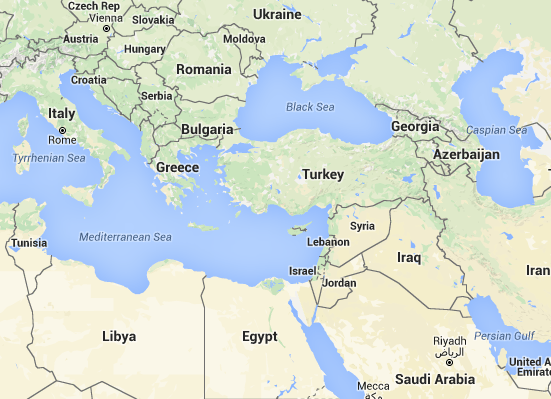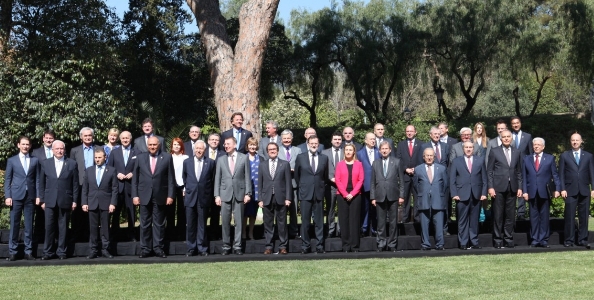The Eastern Mediterranean arc of fire and Europe*
Geography and history, modern and older, internal fault lines as well as external interventions, have given rise to a perfect storm in the Eastern Mediterranean. In an arc of fire that stretches from Libya to Syria and can be extrapolated further North, all the way to Russia and Ukraine, a series of conflicts have made this an area of particular instability, for the world as a whole and more immediately for nearby Europe…



